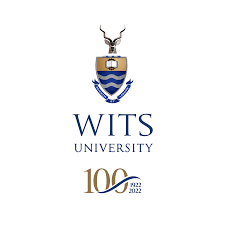Regression Model Using Organic Solar Cells Materials
Researcher: Percival Shimange, University of the Witwatersrand, Johannesburg
Supervisor: Dr R Maluta, University of Venda
Our environment’s climate change has effects on energy consumption, generation, systems, and infrastructure. In the last decade, the demand for alternative energy conversion and storage devices has increased significantly. This project uses organic solar cells from the Harvard Clean Energy Project to predict energy band gaps using machine learning models to accelerate power supply. The HOMO-LUMO GAP was predicted using a machine learning regression model trained on HOMO, LUMO, power conversion efficiency, open circuit potential, and short circuit density.



















